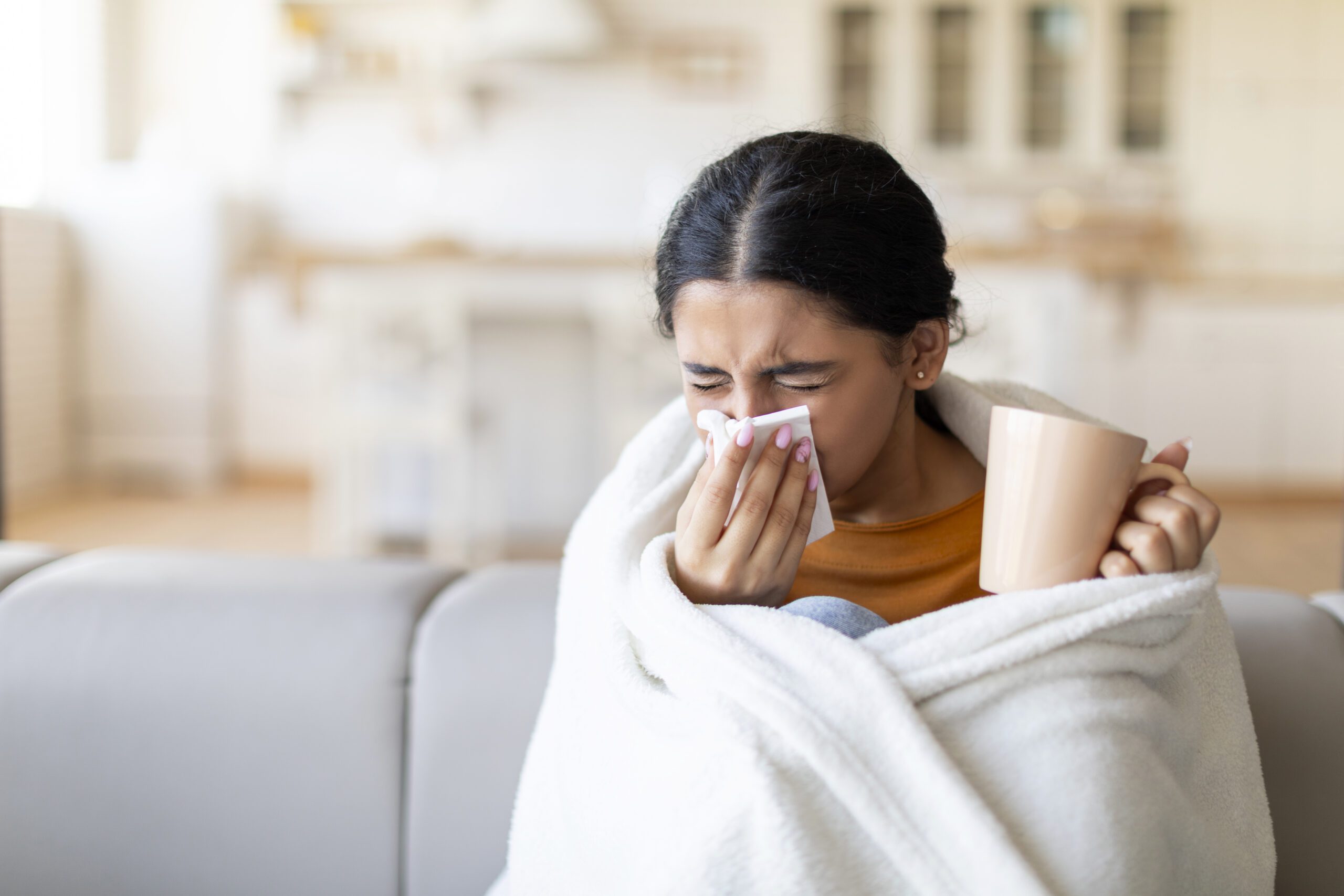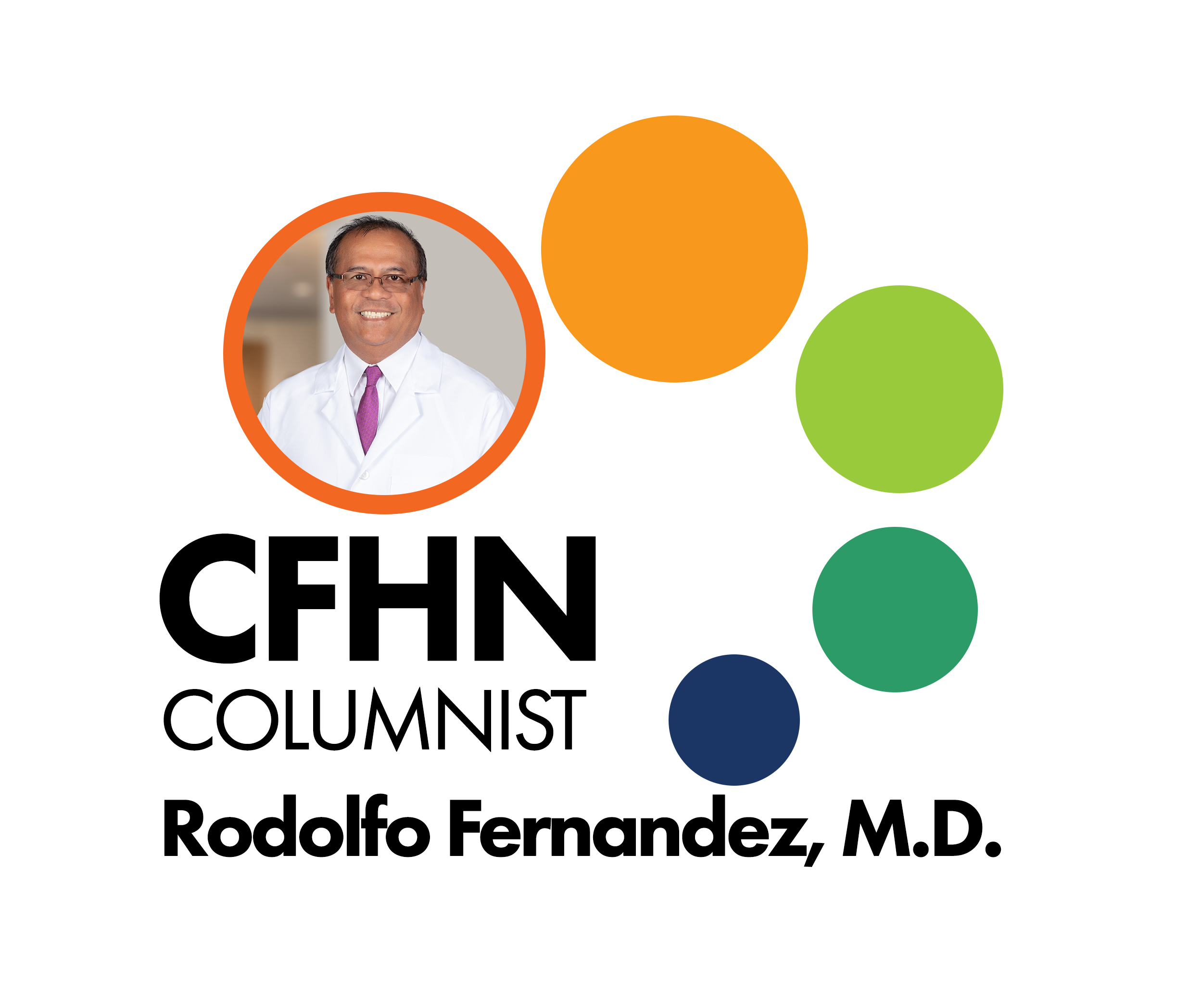
Health News
Features
-
Pop Quiz! Are You Flu-ent on Prevention? A-choose Wisely
The holiday season approaches, but so does the gift that will not stop giving — flu season. While the influenza virus can circulate at any time of the year, flu season peaks from December to February. The flu is a serious illness that can lead to pneumonia, bacterial infections, hospitalization, or worse. Take our quiz…
-
Brimming With Hope
Mother of T1D Uses Cups of Hope to Raise Awareness by REBEKAH PIERCE It’s the little things in life that make it so meaningful – and for families affected by type 1 diabetes, it might truly be as simple as sharing a good cup of coffee. Katie Schmid started the Polk County chapter of Cups…
-
Where AI Meets Awareness
AdventHealth’s GRACE Helps With Early Detection of Breast Cancer by REBEKAH PIERCE October is Breast Cancer Awareness Month, and while we’ve known for many years that awareness and early detection can help save lives, it’s always been an “easier said than done” situation. Like many cancers, breast cancer is notoriously hard to detect and can…
Columns
-
Abdominal Aortic Aneurysm
An aneurysm is a “weakening” or “dilatation” in a part of an artery. An estimated 15,000 people die of ruptured abdominal aortic aneurysm (AAA) every year in the US. About 200,000 new cases of AAA are diagnosed every year. Most of these are diagnosed by tests that are done for unrelated reasons. The aorta is…
-
What Is Musculoskeletal Oncology?
Musculoskeletal oncology is a branch of orthopedic surgery that specializes in diagnosing and treating tumors that occur in the body’s bone or connective soft tissues, including muscle, fat, fibrous tissue, nerve and blood vessels. When these tumors are malignant or cancerous, they are referred to as “sarcomas.” Although these types of tumors are relatively rare,…
-
Reducing Your Health Risks With Vaccines
Vaccines are one of the best ways to reduce your risk of illness and the spread of disease. Serious research has gone into making vaccines that are safe, efficient and effective for all ages. Who Needs Vaccines? Adults and children need vaccines to reduce health risks. The types needed may depend on your age, health…





